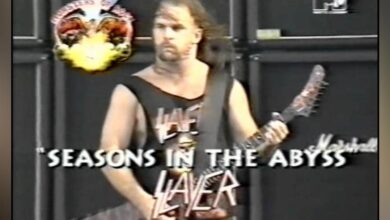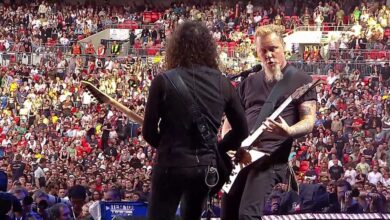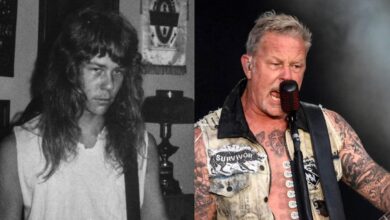Saluting Johnny Cash: Kris, Lyle, and Emmylou at Kennedy Center Honors
Johnny Cash, born J.R. Cash on February 26, 1932, in Kingsland, Arkansas, was an American singer, songwriter, and actor who remains one of the most iconic and influential figures in the history of American music. Raised during the Great Depression, Cash’s early life was marked by hardship, which deeply influenced his later work. He discovered his passion for music while serving in the United States Air Force in the early 1950s, ultimately leading to his pursuit of a career in the music industry.
In 1955, Cash signed with Sun Records and released his first single, “Hey Porter,” followed by the seminal hit “Cry! Cry! Cry!” His unique blend of country, rockabilly, and blues resonated with audiences, earning him a devoted fanbase and propelling him to stardom. Throughout the late 1950s and 1960s, Cash produced a string of chart-topping singles and albums, including “I Walk the Line,” “Ring of Fire,” and “Folsom Prison Blues,” solidifying his reputation as a master storyteller and a voice for the working class.
Beyond his musical achievements, Cash was also known for his distinctive style, often clad in all black attire, which earned him the nickname “The Man in Black.” This persona became synonymous with his rebellious spirit and his willingness to confront social and political issues through his music. Cash’s performances at prisons, including his legendary concerts at Folsom and San Quentin, further cemented his status as a champion of the downtrodden and marginalized.
Throughout his career, Cash collaborated with a diverse range of artists, transcending genre boundaries and leaving an indelible mark on popular music. His duets with June Carter Cash, whom he married in 1968, brought a new dimension to his music, blending their voices in songs of love, faith, and redemption. Together, they formed one of the most enduring partnerships in the history of country music.
Despite struggling with personal demons, including addiction and depression, Cash’s music remained a source of solace and inspiration for millions of fans around the world. His honesty and vulnerability resonated with listeners, offering a glimpse into the human experience with all its complexities and contradictions.
As the years passed, Cash’s influence only grew, earning him accolades and honors from his peers and the industry alike. The Kennedy Center Honors in 1996 was a crowning achievement in a career marked by triumphs and tribulations. Surrounded by friends, family, and fellow artists, Cash was celebrated not only for his musical contributions but also for the depth of his humanity and the enduring legacy he left behind.
Today, Johnny Cash’s legacy continues to reverberate through the halls of music history, his songs serving as anthems for the downtrodden, the broken-hearted, and the restless souls searching for meaning in a world of uncertainty. His impact on American music and culture is immeasurable, his voice a beacon of hope and resilience in times of darkness. As we reflect on the 1996 Kennedy Center Honors and the tribute to Johnny Cash, we are reminded of the power of music to transcend barriers and unite us in our shared humanity.



